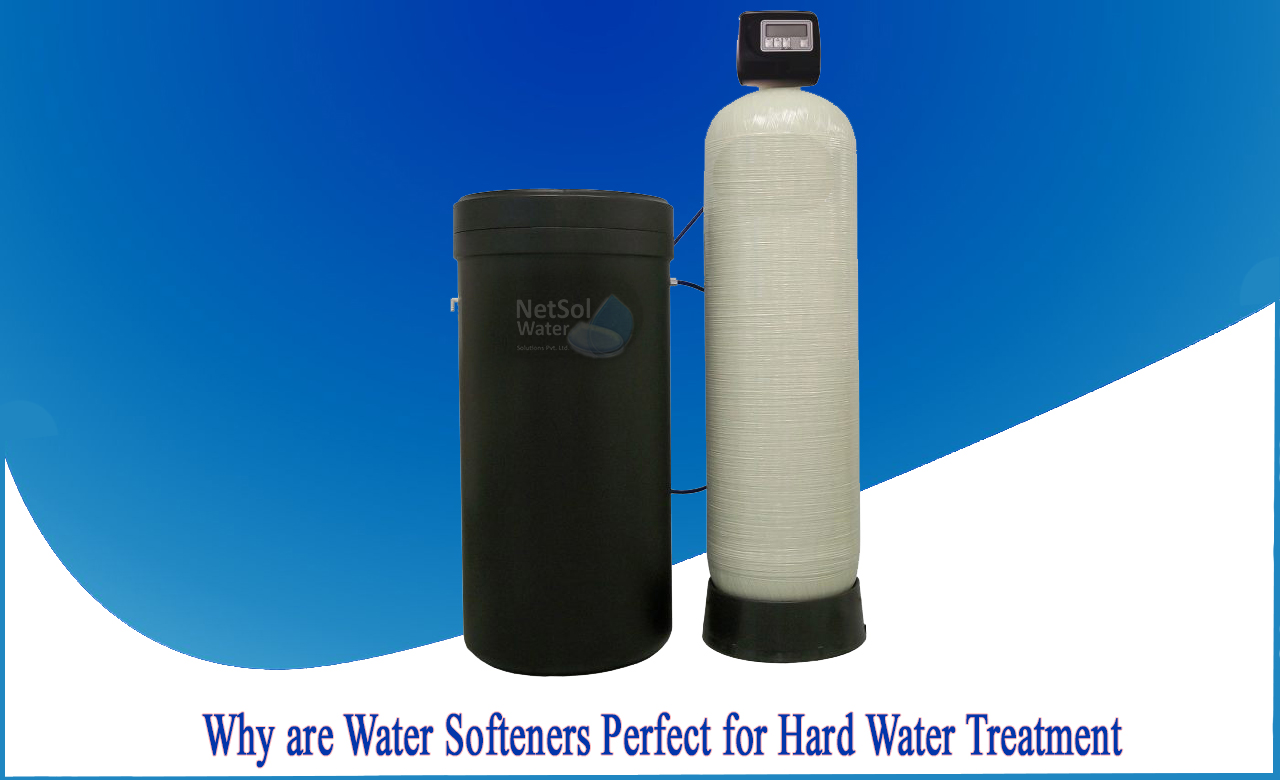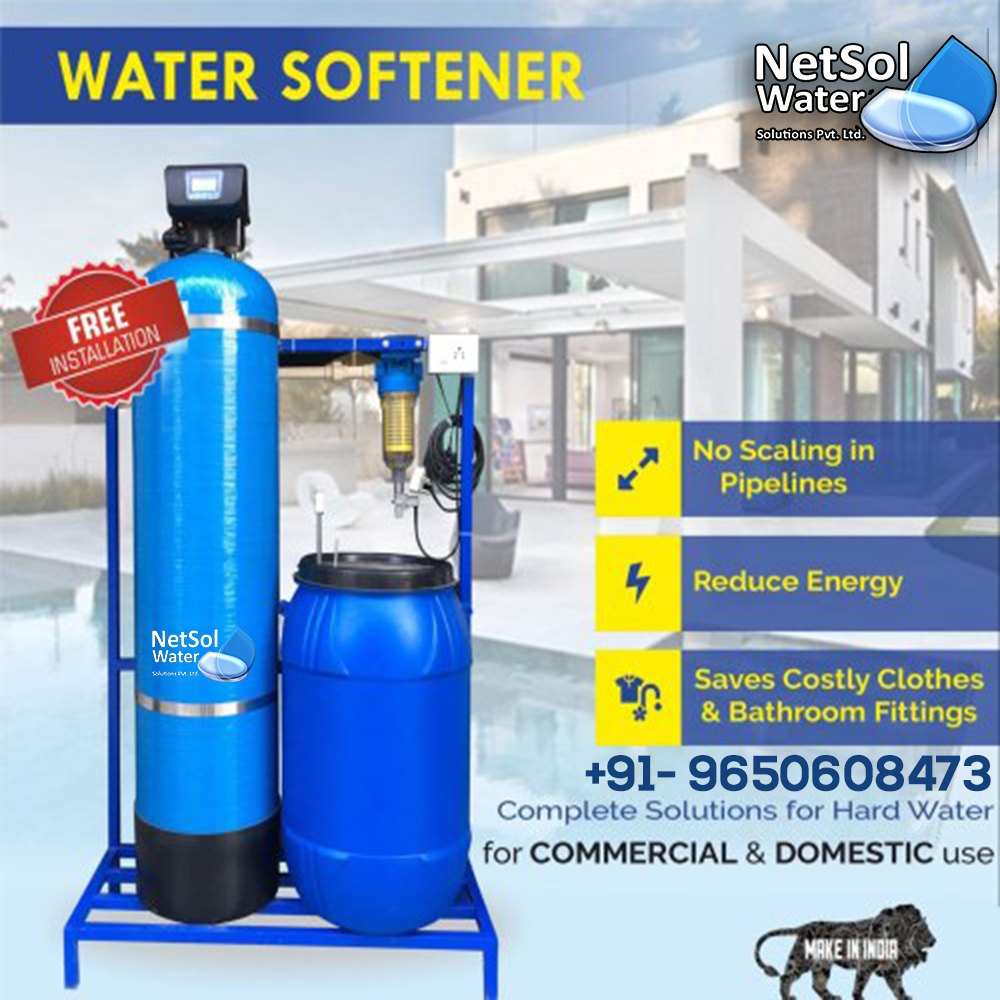What is soft water, exactly?
Calcium and magnesium are two minerals found naturally in water. Whether a water supply is considered “hard” or “soft” depends on how much of these minerals are in your water. Soft water contains lower levels of calcium and/or magnesium than hard water.
Why water softener is needed?
Consider the type of water that your home receives.
Is the water making your clothes look dingy even after you've washed them, or is it causing scale build-up in the bathroom? Are you looking for a cost-effective solution to your regular hard water issues?
Installing a good water softening system in your home may be the most cost-effective and optimal alternative! Minerals in hard water, if left untreated, can leave yellow stains on fixtures, limit the life of your home appliances, fade excellent clothing, and so on. These scale deposits not only reduce appliance efficiency, but they also cost you more money, raising both maintenance and energy expenses.
It is not necessary to soften your water. Softening is a personal choice that can have an impact on your house and the environment. If the hardness of your water exceeds 7 grains per gallon (120 mg/L), you may require a water softener to keep your appliances running smoothly and enhance the taste, fragrance, and appearance of your water.
Learn about the hardness of your home's water to see if you need a water softener. A test kit or an independent laboratory can be used to determine the hardness of your water. If you acquire your water from a public water system, you can ask them directly about the hardness of your water.
How Can Water Softeners Help with Hard Water?
A water softening system is a piece of equipment that uses common salt to remove minerals such as magnesium and calcium from water. Hard water passes through a tank containing sodium-ion-layered resin beads. Minerals are exchanged for sodium ions, which aid in water softening.The control valve charges the resin beads with the solution of water and salt from the brine tank once they have trapped the hardness and need to be regenerated. The magnesium and calcium ions are removed from the beads during regeneration and replaced with potassium or sodium ions. This prepares the system to soften the water once more.
What Difference Does Using Soft Water from A Softening System Make Throughout The House?
Softened water can extend the life of water-based appliances and make them work more smoothly. This is because hard water causes washing machines, dishwashers, and water heaters to wear out faster and require more frequent repairs.
You will notice that your clothes are cleaner, softer, brighter, and whiter once you start utilising water softeners in Surrey. Soft water, unlike harsh water, will not fade or grey your garments. Towels, clothing, and linens can all benefit from softened water.
Soft water makes shampoo and soap lather better. Your skin and hair will feel visibly softer, cleaner, and less dry. You won't even have to clean the mineral deposits in the tubs, sinks, showers, or toilets anymore.
Home water softening benefits:
-Minerals (scale) are prevented from forming on the inside of pipelines, fittings, and hot water heaters.
-Some appliances' lives are extended.
-Mineral stains on glassware are reduced or prevented.
-In sinks, bathtubs, and washing machines, it prevents or minimises soap films and detergent curds.
What's keeping you from using these softening systems for ?hard water treatment now that you know what makes them so effective? It's time to bring home a high-end water softener!




